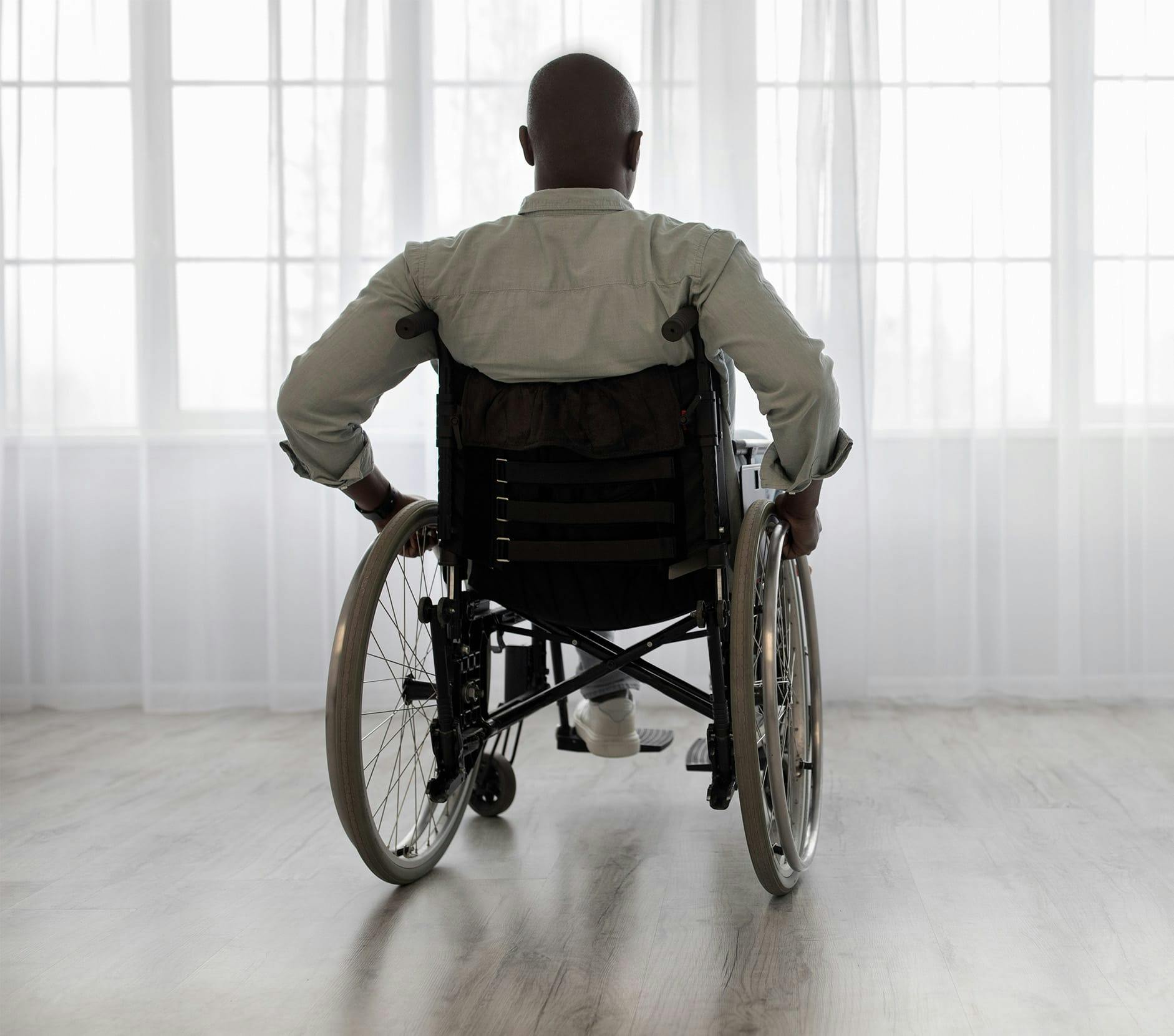Sudden accidents can be unexpected and terrifying experiences, and the harm caused by them can be painful and long-lasting. Few types of injuries, however, are as devasting both physically and psychologically as paralysis. Partial or complete loss of one’s motor functions can lead to further medical complications and a feeling of helplessness.
What are the Types of Paralysis?
Different types of paralysis are identified by the location, severity, and duration of the harm. “Generalized paralysis” refers to a group of conditions that adversely affect multiple parts of the body parts at once, including:
- Monoplegia — immobility in one arm or leg
- Hemiplegia — loss of function in one arm or leg on the same side of the body
- Paraplegia — paralysis in both legs
- Quadriplegia or Tetraplegia — immobility in all appendages
- Complete paralysis — no muscles can be moved or controlled at all
A person who has paralysis should work with both their doctor and Prosper injury attorney to categorize their injury. A practiced attorney will generally begin building their case for the victim based upon the degree of their condition.



